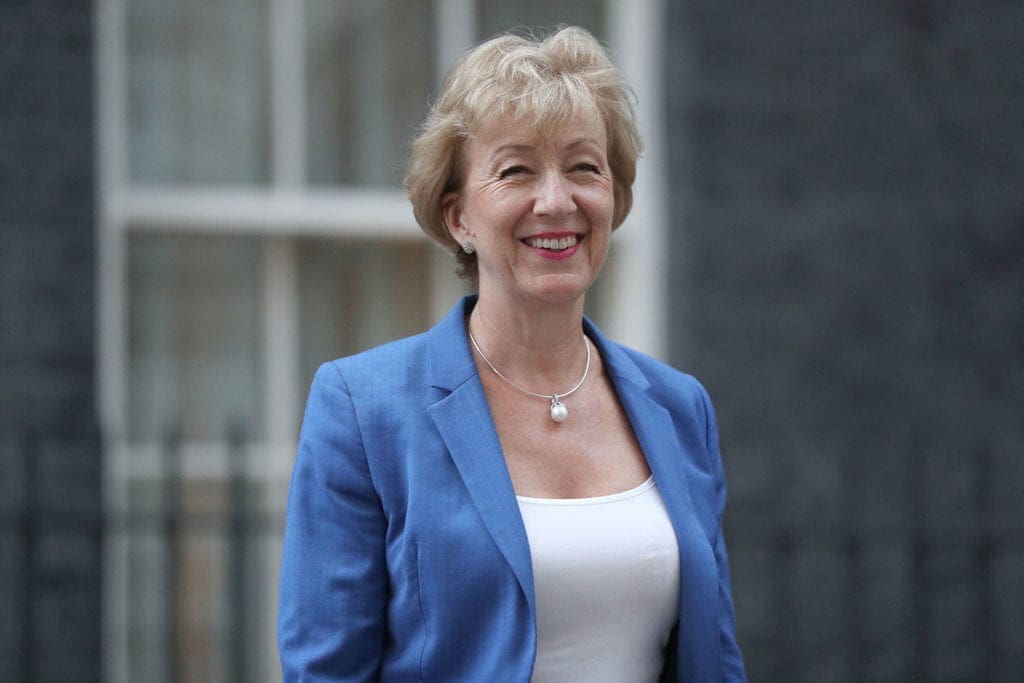The Government plans to launch an investigation into the major power cut that affected almost one million people in England and Wales.
The blackout on Friday afternoon brought travel chaos to the rail network, and affected the power supply to Newcastle Airport and Ipswich Hospital.

Power had to be restored to more than 900,000 customers after what National Grid Electricity System Operator said was the almost simultaneous loss of two large generators.
Andrea Leadsom, Secretary of State for Business, Energy and Industrial Strategy, said Friday’s power outage had caused “enormous disruption”.
She added: “National Grid must urgently review and report to Ofgem. I will also be commissioning the Government’s Energy Emergencies Executive Committee to consider the incident.”
Latest on The Railway Hub:
- Sensors on trains could mark the end of ticket barriers
- Jurassic helps Lincolnshire Coast Light Railway celebrates anniversary
- In pictures: Railways during World War II
The committee will look at whether National Grid, which manages the electricity supply system, stuck to its processes and procedures and if these were fit-for-purpose.
It will also examine if there were technical performance issues in the country’s power system, the efficiency of communications around the incident and how power demand was restored.
According to Professor Tim Green, co-director of the Energy Futures Laboratory, Imperial College London, the first generator to disconnect on Friday was a gas-fired plant at Little Barford in Bedfordshire at 4.58pm.
Two minutes later the Hornsea Offshore wind farm also disconnected.
National Grid said it would seek to “understand the lessons learned” from the incident, while energy regulator Ofgem called for an “urgent detailed report” on what went wrong.
Duncan Burt, operations director at National Grid, said the power cut was an “incredibly rare event”, but back-up systems had “worked well” in response.
Speaking to the BBC, he explained that automatic processes triggered by the loss of the two generators had temporarily disconnected electrical demand across the country to “help keep the rest of the system safe”.
Mr Burt said the power cut had “nothing” to do with changes in wind speed or the variability of wind.
He also said National Grid was “very confident” there was “no malicious intent or cyber attack involved” in the incident.
National Grid said all demand had been restored by 5.40pm on Friday, but the knock-on effects of the blackout continued to hit the railways overnight into Saturday.
The scale of outage and the disruption it caused drew criticism from Labour and trade unions.
Shadow business and energy secretary Rebecca Long-Bailey and Manuel Cortes, general secretary of the Transport Salaried Staffs Association, both branded the incident as “unacceptable” and called for an account of what happened.


